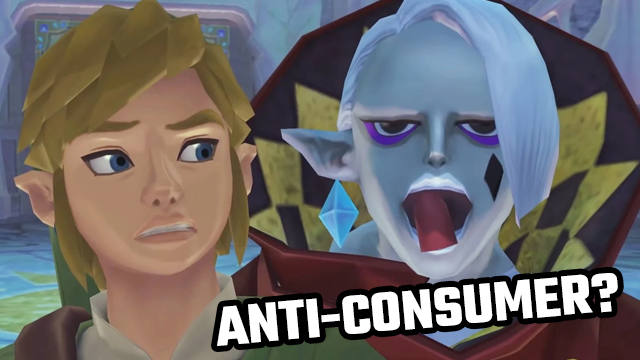Is Nintendo “anti-consumer?” Considering that the company has been with many of us from childhood into adulthood, punctuating our lives with classic games that have a habit of aging very well, some find “The Big N” difficult to criticize. However, recent decisions from the company have raised eyebrows, and as we recently reported, Ninty has been accused of taking advantage of…

Atlas is an action-rpg with rogue-like elements where you use your ability to control the ground to fight the enemies and move through procedurally generated worlds.










